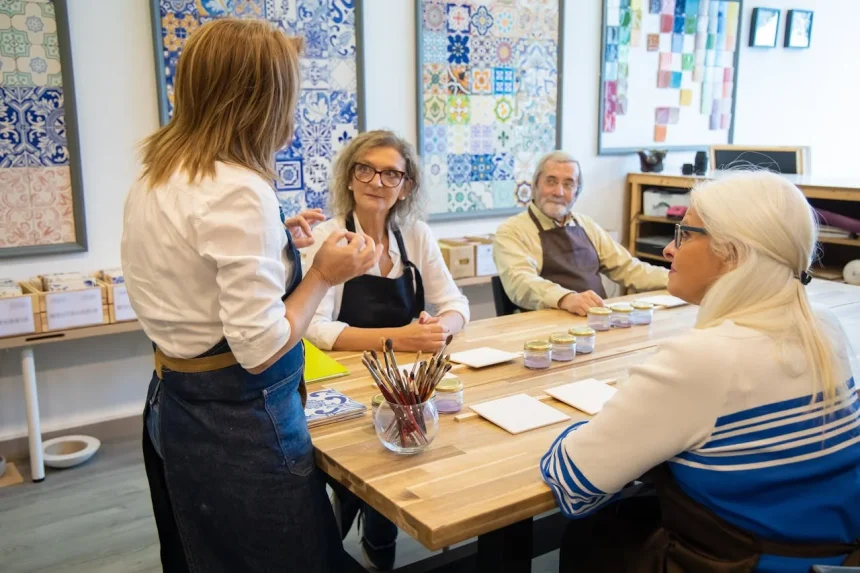Material sourcing is critical in mass production for handmade crafts, art, and jewelry businesses. Bulk polymer clay is cost-effective, simple, and easy for businesses that wish to produce in bulk without compromising quality. It is uniform, affordable, gives artistic freedom, and is a critical material in mass production for handmade products.
Cost Savings and Consistent Supply
Large-quantity purchases of polymer clay are less expensive than individual purchases in smaller quantities. Wholesale suppliers offer lower prices, allowing firms to save production costs and make more profit. This cost-effectiveness is particularly helpful for firms that require a steady supply of polymer clay for mass production.
Another advantage of bulk purchase is reduced packaging waste. Individual packages of polymer clay result in excessive plastic waste, but bulk orders come with more efficient packaging, so it is more eco-friendly. This is another plus point for environmentally friendly businesses.
Scalability and Efficiency in Production
As the company grows, effective scale-up in production becomes critical. Bulk polymer clay helps artists maximize their workflow, producing more products in bulk without loss of quality. With a steady supply of clay, companies can provide consistency in their products and ship more orders.
Apart from that, bulk buying enables companies to plan in advance and manage inventory. With a complete inventory, artisans can experiment with new designs and add more products without any interruptions. This is important for companies that wish to introduce seasonal collections or custom orders.
Another advantage is that bulk purchase is time-efficient. With abundant materials, production timetables become more consistent, and this helps enterprises meet deadlines as well as manage customer expectations. Predictability boosts customer confidence and raises the brand image in the handmade market.
Customization and Design Freedom
Bulk polymer clay provides business owners with the flexibility to experiment with numerous colors, textures, and finishes. Wholesale suppliers offer a vast array of clay kinds, allowing artists to create unique and superior-quality products that set them apart in the market. Businesses can mix and match colors, incorporate special effects, or set up signature styles that enhance their brand identity.
Customization options also extend to product presentation and packaging. With bulk stock, firms can offer customized designs, cater to individual customer preferences, and design special collections. The level of control over creativity helps the company distinguish itself from the competitive market for handmade products.
Also, with bulk polymer clay, the company can ensure consistency in the product line. By using the same supplier, artists can be assured that the same colors and textures will be replicated in many future products, presenting a more refined and uniform brand image.
Conclusion
Bulk polymer clay is a critical material for businesses that seek mass production of handmade products in a cost-effective way. It reduces the cost, ensures a consistent supply, and is a means of creative freedom for product line expansion. With investment in bulk materials, businesses can optimize their production, attain more demand, and maintain top-quality craftsmanship while growing their brand in the handmade market. With the right approaches and supply chain management, businesses can leverage bulk polymer clay in order to widen their market and enhance their creativity.





